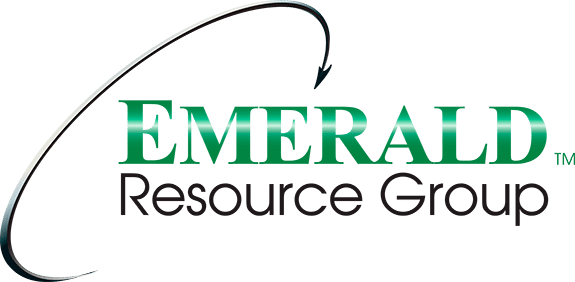In the dynamic landscape of finance, regulatory compliance stands as a critical pillar supporting transparency, stability, and investor confidence. Finance professionals must navigate a complex web of regulations and frameworks established by global and regional regulatory bodies such as the SEC, FINRA, FCA, and others. These frameworks, including Basel III, MiFID II, GDPR, and stringent Anti-Money Laundering (AML) regulations, shape operational practices, reporting requirements, and risk management strategies within the financial sector.
Key Regulatory Updates and Developments
Recent years have witnessed significant updates and developments in regulatory landscapes worldwide. Regulatory bodies continually adapt to emerging risks, technological advancements, and market events, influencing how financial institutions conduct business and protect stakeholders. For instance, regulatory responses to fintech innovations and digital assets have sparked new compliance considerations, demanding agile responses from finance professionals to ensure compliance while fostering innovation.
Implications for Finance Professionals
The implications of regulatory compliance are profound for finance professionals across various domains:
- Compliance Obligations: Finance professionals are tasked with understanding and adhering to evolving regulatory requirements. This includes maintaining robust compliance programs, implementing internal controls, and conducting regular audits to ensure adherence to regulatory standards and mitigate compliance risks.
- Risk Management: Effective regulatory compliance enhances risk management capabilities by identifying, assessing, and mitigating regulatory risks proactively. By integrating compliance into strategic planning processes, finance professionals bolster organizational resilience and safeguard against potential legal and reputational repercussions.
- Technological Solutions: The integration of regulatory technology (RegTech) has revolutionized compliance efforts, offering tools for automation, real-time monitoring, and data analytics. Technologies such as AI and blockchain enhance regulatory reporting accuracy and streamline compliance processes, enabling finance professionals to navigate complexities more efficiently.
Challenges and Considerations
Despite technological advancements and regulatory frameworks, navigating regulatory compliance poses several challenges:
- Complexity of Regulatory Landscape: Finance professionals contend with a labyrinth of overlapping regulations, jurisdictional differences, and evolving compliance requirements. Staying updated and compliant necessitates robust compliance monitoring, ongoing training, and strategic alignment across departments.
- Resource Allocation: Managing compliance costs, staffing, and training amid evolving regulatory demands presents resource allocation challenges for financial institutions. Balancing operational efficiency with compliance requirements requires strategic investments in technology and workforce development.
- Cybersecurity and Data Privacy: Protecting sensitive financial data and ensuring compliance with data protection regulations (e.g., GDPR, CCPA) remain paramount. Finance professionals must implement stringent cybersecurity measures and adhere to data privacy laws to mitigate cyber threats and maintain consumer trust.
Best Practices and Future Trends
To navigate regulatory compliance effectively, finance professionals are encouraged to adopt best practices:
- Continuous Monitoring: Establishing robust compliance monitoring programs enables proactive identification of regulatory changes and adherence to evolving standards.
- Investment in Technology and Training: Embracing RegTech solutions and investing in employee training fosters a culture of compliance and enhances organizational agility in responding to regulatory shifts.
- Collaboration and Communication: Promoting cross-functional collaboration between compliance, legal, and business units facilitates alignment with regulatory expectations and promotes a unified approach to compliance management.
Conclusion
In conclusion, regulatory compliance in finance remains a cornerstone of operational integrity and investor trust. As regulatory landscapes evolve, finance professionals must embrace proactive compliance strategies, leverage technological innovations, and foster collaboration to navigate regulatory complexities effectively. By prioritizing compliance as a strategic imperative, finance professionals not only uphold regulatory standards but also drive sustainable growth and resilience in an increasingly regulated global economy.
Looking for your next career move in accounting and finance? Check out our website.



